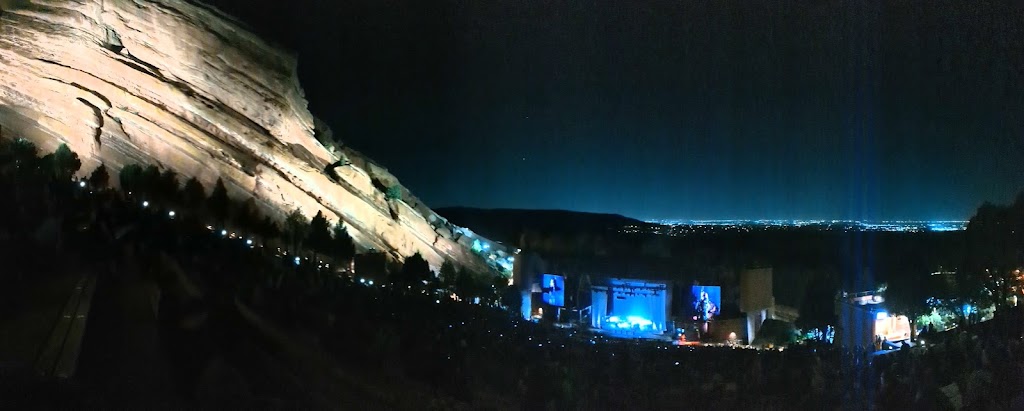Day 14: Judgment Reversed
I read the Old English lyrics Judgment I and Judgment II from the Old English Exeter Book while thinking about the Judgment card reversed a second time this season. These daily blogs don’t give me much time to think and absorb the way I would like. But as I read of the end times in these pieces, I kept returning to the idea of end of times now. I was raised in fundamentalism, and I believe fundamentalism of any kind is harmful, whether religious or atheist. John O’Donohue says of fundamentalism: it “laments the absence of time when everything was as it should be…Such perfection of course never existed. Neither experience nor culture has ever been monolithic. Fundamentalism is based on faulty and fear-filled perception” (Eternal Echoes 362).
As I read the harrowing descriptions of evil and fear and hell (the fire! The icicles!), my own upbringing bubbled up, my own learned fear of hell. I feared something literal and real. I could not act for my fear of hell. Though I stepped out of the world of fundamentalism by my late teens, I’ve known and met many people who, into their adulthood and old age, were demented by the fear of a revelation, of the end of the world, simply of hell itself. They couldn’t live their lives for fear of it. It utterly controlled them. It held them with ruthless fists.
So as I ask myself what to do with all of it now, I recall a conversation my husband and I had with a man while standing in line to get into the Wardruna show at Red Rocks Amphitheater in Colorado this past fall, and then the subsequent comments from Einar himself. The man in line spoke of Einar’s ability to transport the listener to some other place, as if he were a shaman able to take a whole audience across the hedge and not just himself. Einar was deeply connected with his ancestors and their traditions. But what Einar said at the end of the show really struck me: that we cannot simply dwell in the past, or lament what we’ve lost, for then we miss what’s happening now, what is meaningful in the present. Not to say we shouldn’t look to the past for wisdom or connect with our cultures and ancestors. But what we so easily do is fall into believing the past was perfect, as if it were some Edenic time. We forget our ancestors were just as troubled and were just as imperfect living in imperfect times. (Also, the show was incredible!!)
O’Donohue says fundamentalism has “neither acceptance nor generosity in its differences with the world” (363). Perhaps this lack of acceptance and generosity is what I yearn for when I read the stories of the end of the world. That we fail to look to the present and all the generosity bubbling up in it now. How my garden so gently holds my new garlic bulbs and the bulbs have sprouted greens already grown six or more inches. How the holly tree in the front yard yearly bursts with red berries, such a rich color against the deep evergreen leaves. How the birds come to my feeder and eat what they need to keep warm in winter and raise hatchlings in spring. Our world holds so much generosity now that maybe it’s easy to forget every day is a revelation. Each morning we are born new into this world with new ideas and new creative strength such that we can recreate ourselves with each breath.
I am reminded of Joy Harjo’s song and poem “For Anna Mae Pictou Aquash, Whose Spirit Is Present Here and in the Dappled Stars.” Here are the first lines of the poem:
Beneath a sky blurred with mist and wind,
I am amazed as I watch the violet
heads of crocuses erupt from the stiff earth
after dying for a season,
as I have watched my own dark head
appear each morning after entering
the next world to come back to this one,
amazed.
Our world holds so much generosity, now, but it’s easy to forget every day is a revelation when we let ourselves forget. When we forget to wonder. Each morning we are born new into this world with new ideas and new creative strength such that we can recreate ourselves with each breath.
Bibliography:
Harjo, Joy. “For Anna Mae Pictou Aquash, Whose Spirit Is Present Here and in the Dappled Stars.” Poetic Medicine, a blog post with the lyrics, 28 June 2013. https://poetrypill.blogspot.com/2009/11/for-anna-mae-pictou-aquash-whose-spirit.html
(I know this poem from her music album Letter From the End of the Twentieth Century. You can listen to the song on YouTube here: https://www.youtube.com/watch?v=-ptKxwrCh38 )
O’Donohue, John. Eternal Echoes, Exploring Our Hunger to Belong. Bantam Press, 1998.

